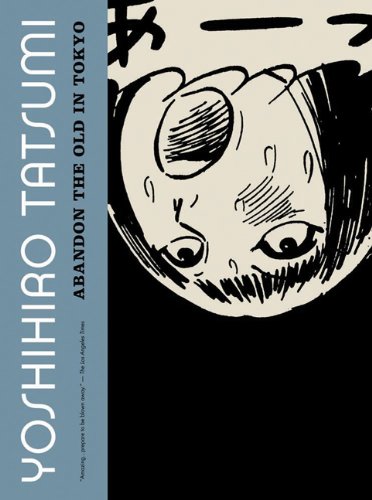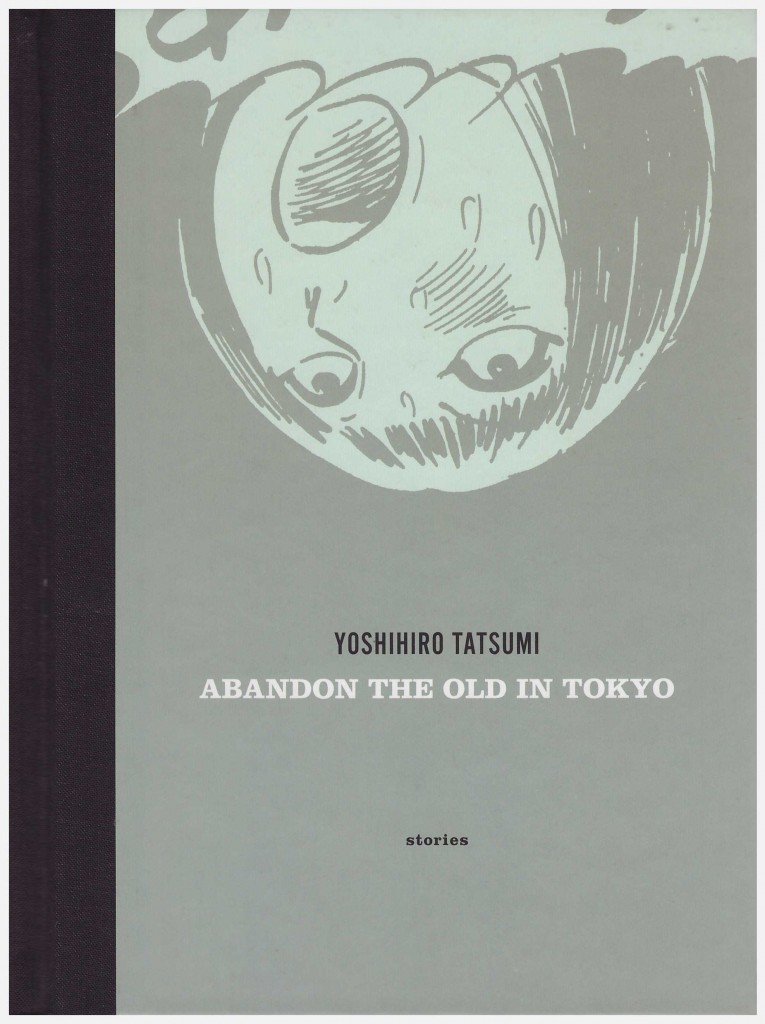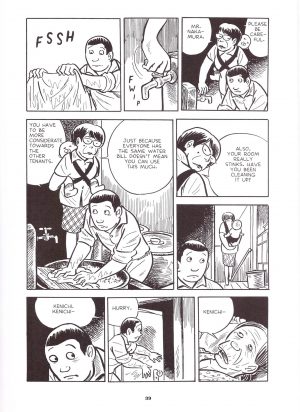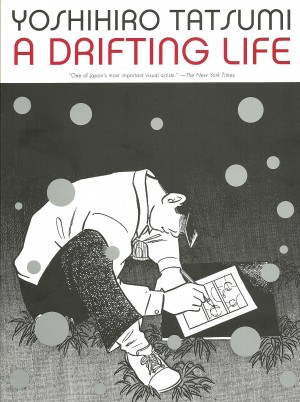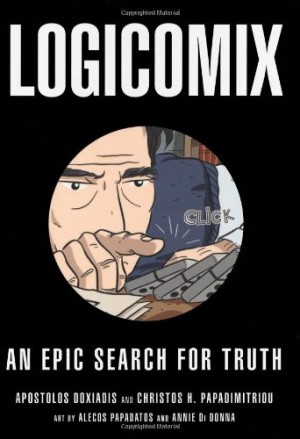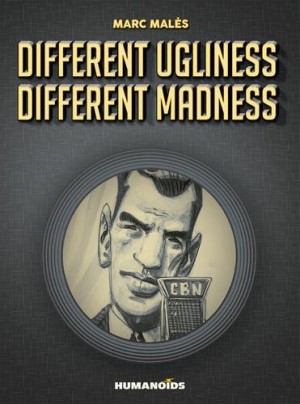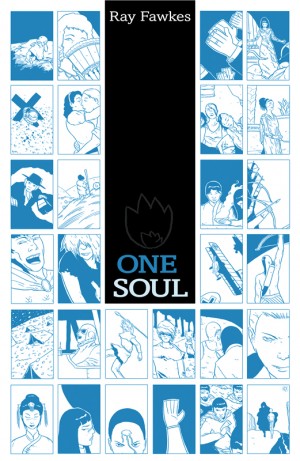Review by Win Wiacek
In the 1950s, relatively early in his career, Yoshihiro Tatsumi first envisioned a new kind of manga, more than mere children’s entertainment, and in 1957 coined the term Gekiga or ‘Dramatic Pictures’ to describe the downbeat, bleak material he was crafting. His pictorial questioning of affairs of state and the state of affairs in the frenetically rebuilding nation, seen through humanity’s breakdown in a disillusioned modern Japan of unceasingly social pressures found no popular success. It did, however, impress fellow mangaka who began to create their own serious narratives as the country’s drive towards post-war prominence foundered. A growing section of society now also questioned not just the methods but the goal itself.
After decades of obscurity at home and abroad Tatsumi was discovered by the West and in 2005 Drawn & Quarterly began compiling collections of his vast output, presenting selections of material on a year-by-year basis.
This one gathers works from 1970, beginning with ‘Occupied’ as a lonely, unsuccessful creator of children’s comics experiences digestive troubles. In a public toilet he discovers another kind of drawing and is inexorably drawn into a world where cubicles offer a different relief.
The title story finds diligent Kenichi crumbling under the pressure of his ailing mother’s carping demands and girlfriend’s incessant pushing to be something more. Eventually the weary prevaricator responds to his intolerable situation.
‘The Washer’ cleans windows, gleefully watching businessmen force themselves on young secretaries. It’s all different however when the girl behind the glass is his own daughter, whilst a downtrodden factory worker’s grim life only brightens when he returns to his hovel and ‘Beloved Monkey’. Everything goes to hell once he lets a girl into his heart, though.
When old Mr. Yamanuki’s company goes under, he cannot accept his work is done and some debts must remain ‘Unpaid’ whilst ‘The Hole’ sees a hiker imprisoned by a woman hideously deformed by cosmetic surgery, and ‘Forked Road’ examines childhood friends and the different paths their first sexual experiences made for them.
In ‘Eel’ a young sewer-cleaner notes too many parallels between the fish caught by his rake and his own pointless existence. Some days having a disgusting, dead-end job and callous bar-girl wife who’s delighted when she miscarries your baby doesn’t seem that different to swimming the wrong way in excrement until you die.
Sexual frustration, human obsolescence, dislocation, impotence, isolation and futile acts of misplaced pride are depicted in rat-run mazes populated by a succession of hookers, weak men, disaffected women, ineffectual lovers and grasping dependents through recurring motifs of illness, retirement, injury and inadequacy in ramshackle dwellings, grimy streets, tawdry bars and sewers obstructed by things of no further value: pots, pans, people…
An excoriating examination of the human experience by one of the world’s great masters of comic storytelling, this volume includes an introduction from manga superstar Koji Suzuki (The Ring) and an extensive question and answer session with Tatsumi. The following collection is Good Bye.
